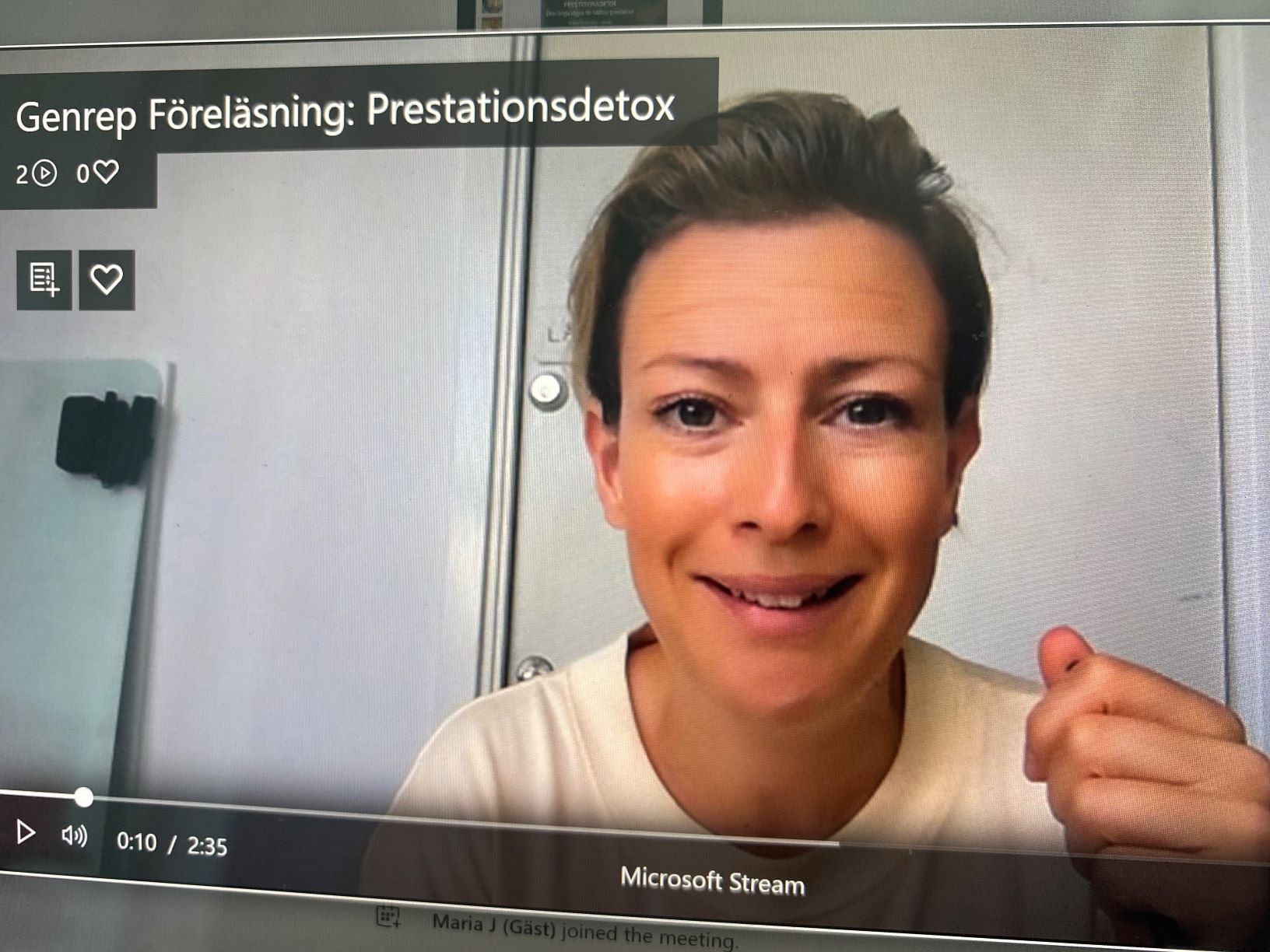
Knowledge workers spend on average 85% of their time in meetings, which studies show negatively affects well-being. Not surprisingly many organizations are opting for meeting-free days.
But how does this effect cooperation and productivity?
A study* of companies who had implementing meeting-free days, found that:
ONE meeting-free day a week resulted in:
✅ Autonomy: +62%
✅ Cooperation: +15%
✅ Engagement: +28%
✅ Productivity: +35%
✅ Stress: -26%
With TWO meeting free days, the numbers jumped to:
✅ Autonomy: +78%
✅ Cooperation: +43%
✅ Engagement: +32%
✅ Productivity: +71%
✅ Stress: -43%
Is there such thing as too few meetings, I hear you ask?
THREE seems to be the optimum number of meeting-free days, according to the study. After that, metrics like productivity and satisfaction start declining and micromanagement starts creeping up again.
❓ What if anything, surprised you about these numbers?
❓ What is your experience of meeting free days?
📈 Take the poll: how many meeting-free days do you prefer: https://lnkd.in/dEJErM85
* The Surprising Impact of Meeting-Free Days. Benjamin Laker, Vijay Pereira, Pawan Budhwar, and Ashish Malik. MIT Sloan Management Review, January 18, 2022
hashtagworkdesign hashtagfutureofwork hashtagorganizationaldevelopment hashtageffectiveteams

